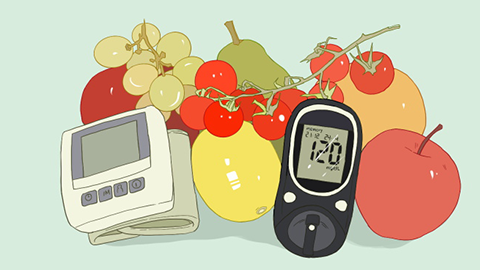Is a blood glucose level of 6.9 mmol/L high, and is medication needed?
Generally speaking, a blood glucose level of 6.9 mmol/L is considered elevated if measured while fasting, but falls within the normal range if measured two hours after a meal. If the level remains consistently high after lifestyle interventions or is accompanied by other metabolic abnormalities, medication might be needed. If it's newly detected and no other abnormalities are present, medication is usually unnecessary. If concerned, it's advisable to seek medical consultation early. Detailed analysis is as follows:

When measured while fasting, this value exceeds the normal fasting range of 3.9-6.1 mmol/L, indicating impaired fasting glucose, which suggests abnormal glucose metabolism. At this stage, the body's sensitivity to insulin decreases. Without timely intervention, it may progress to diabetes, although it hasn't yet reached the stage requiring drug treatment.
When measured two hours after a meal, this value falls within the normal postprandial range of less than 7.8 mmol/L, indicating the body's ability to regulate blood glucose after eating remains adequate. This situation is often related to dietary composition and portion size, with no significant abnormalities in glucose metabolism, so there's generally no need for excessive concern.
If this is newly detected and there are no issues such as obesity or hypertension, blood glucose levels can often return to normal through lifestyle modifications such as reducing intake of high-sugar foods and increasing physical activity, without requiring medication. If blood glucose remains consistently elevated despite such interventions, or if other metabolic abnormalities appear, medication under a doctor's guidance might be necessary.
After discovering a blood glucose level of 6.9 mmol/L, regular monitoring and recording of changes are recommended, along with maintaining healthy lifestyle habits and seeking timely medical attention if the abnormality persists.




